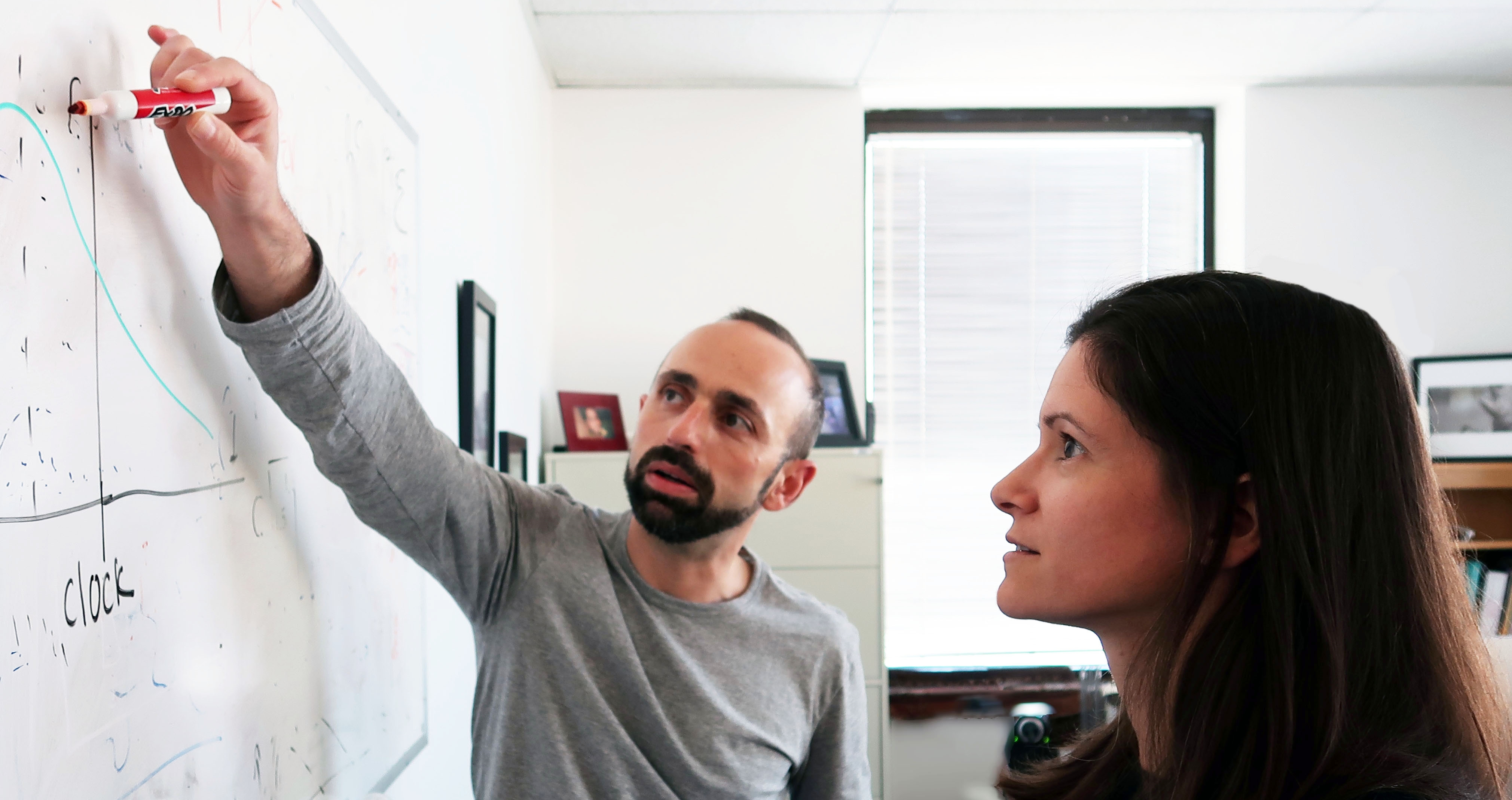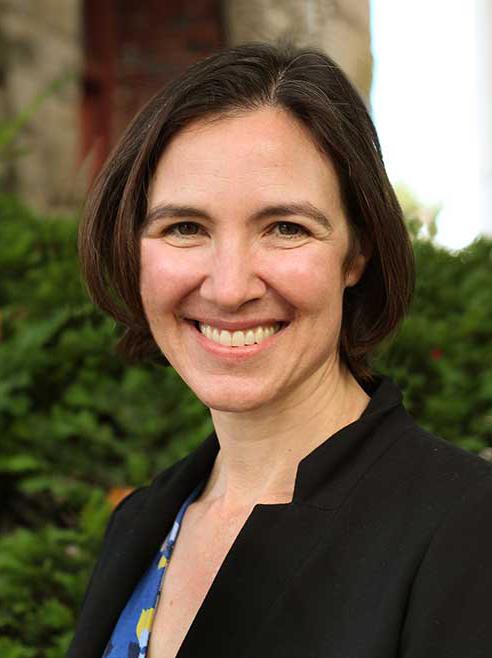The specialized Psychiatry Research Pathway (PRP) enables residents to simultaneously receive clinical training and pursue their passion for research through mentorship, conducting research projects, and receiving training that facilitates their career development into highly successful physician-scientists.

For Prospective Applicants:
The Psychiatry Research Pathway (PRP) training program enables psychiatrists-in-training to develop into independent physician-scientists. Graduates of this program engage in true “bench-to-bedside” research, translating clinical observations into testable research hypotheses, and working toward improved diagnosis and treatment.
The program is designed to foster investigator independence, providing you with valuable resources and experience including:
- Outstanding Mentorship: We prioritize mentorship and will work with you to identify and connect with a mentor and a mentorship team specific to your research interests and career aspirations.
- Protected Time for Research: The program structure provides ample protected time to immerse yourself in a research project, financial support toward research and career development, and meetings and events to promote career development and networking.
- A Broad Network of Resources, Programs, and Initiatives: Our Department has sustained success in research and professional development, and is recognized internationally as a leader in multiple domains of psychiatric research. Consequently, abundant resources exist to provide a rich and nurturing environment for you to thrive as an early-career investigator.
- Post-Graduation Guidance: Pitt Psychiatry is committed to working with you after graduation as you develop an independent research program.
Click here to meet some of our current PRP residents, as well as alumni.
Interested in applying? We now have a new PRP match open to both General and Child Track applicants. You are also welcome to join during residency.
Questions about the program or application? Please reach out to the PRP program director and associate director:

